Project Description - Vale da Esteva Takes to Classroom
Due to climate change, the Mediterranean region may be hit harder in the future and is increasingly prone to desertification.
The municipality of Castelo Branco is experiencing the effects of climate change extremes, and visible signs of vulnerability are already apparent in the landscape.
Responsible management of natural resources, given the predictions of an increase in the planet's average temperatures, a decrease in rainfall levels, and the frequency, duration, and intensity of droughts, is no longer an option but a precondition for maintaining the planet's carrying capacity.
In this sense, education for the future plays a role in contributing to reflections on this environmental scenario and offering practical bases for conscious action geared towards adapting to and mitigating these effects.
Portugal is committed to achieving a paradigm shift in sustainable behaviour and has made national and international commitments in the field of sustainability.
The country is therefore bound by the 17 Sustainable Development Goals (SDGs) and must mobilise society to take steps in this direction, while regularly assessing the progress made.
To this end, it created the National Environmental Education Strategy (ENEA 2020), which aims to provide society with values that serve as a behavioural blueprint for environmental issues in the physical, economic, social, political, and cultural spheres.
Aligned with ENEA 2020, the National Strategy for Nature Conservation and Biodiversity 2030 (ENCNB 2030) aims to establish the appreciation of the land, natural heritage, and ecosystem services as a societal value.
This Strategy refers to the establishment of a training and awareness programme on specific nature conservation issues aimed at society in general and at schools. Among the 30 objectives it has by 2030, Objective 1.10 focuses on increasing visibility and public perception of the value of natural heritage and ecosystem services.
It is in this context that Harmonious Jungle Unipessoal Lda., focused on aligning its actions with the SUSTAINABLE DEVELOPMENT GOALS (SDGs), within the scope of REVE - REGENERATION OF THE ECOSYSTEMS OF VALE DA ESTEVA, has developed the project VALE DA ESTEVA TAKES TO THE CLASSROOM, proposing its implementation through a partnership with the Castelo Branco Parish Council for the creation and maintenance of environmental education programmes in the primary schools of the Castelo Branco parish. 1 IPCC ("Climate Change and Land, 2019); FAO (The State of Food Security and Nutrition in the World — 2019); UNCCP (UN Conventions to Combat Desertification-2010/2020).
This is, in fact, one of the strategies for bringing children closer to the themes mentioned above, raising awareness of nature conservation, and helping to change perceptions about the value of natural heritage, ecosystem services, and our role in protecting the environment.
In addition to the VALE DA ESTEVA TAKES TO THE CLASSROOM project, other eco-citizenship initiatives are being considered and will be proposed in due course.
Activities that will be carried out:
- Creating School Vegetable Gardens: Establishing vegetable gardens in school plots, providing children with a space to learn about growing food.
- Children's active involvement in preparing the soil, planting seeds, caring for the plants, and harvesting.
- Provide practical lessons outdoors or in the classroom, exploring topics such as planting cycles, soil types, and the importance of pollinators.
- Interactive Teaching Materials – Appropriate interactive teaching materials (portable gardening plots) will be developed. Equipment such as tools, microscopes, solar panels, etc. will be provided. Calendar and schedule.



